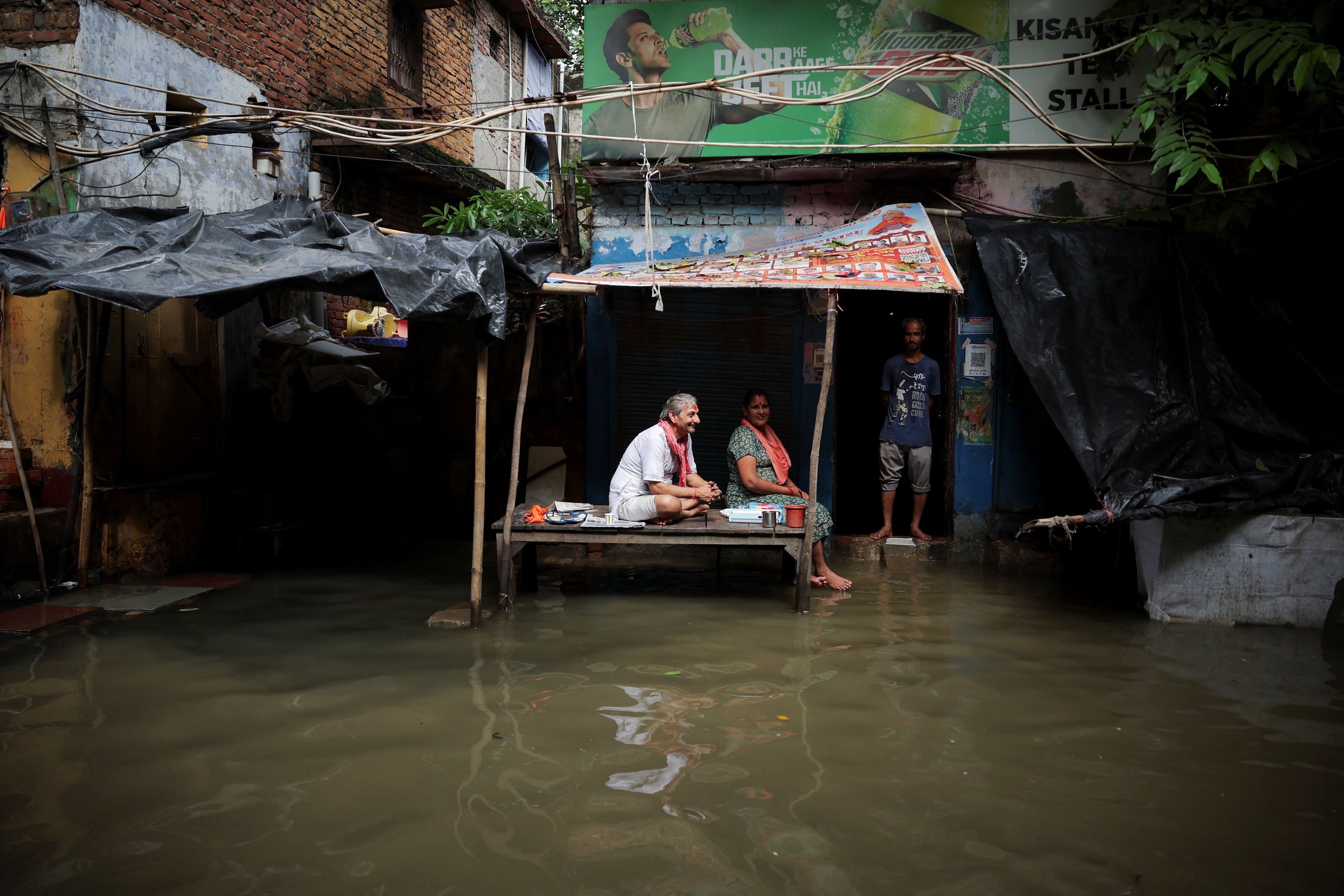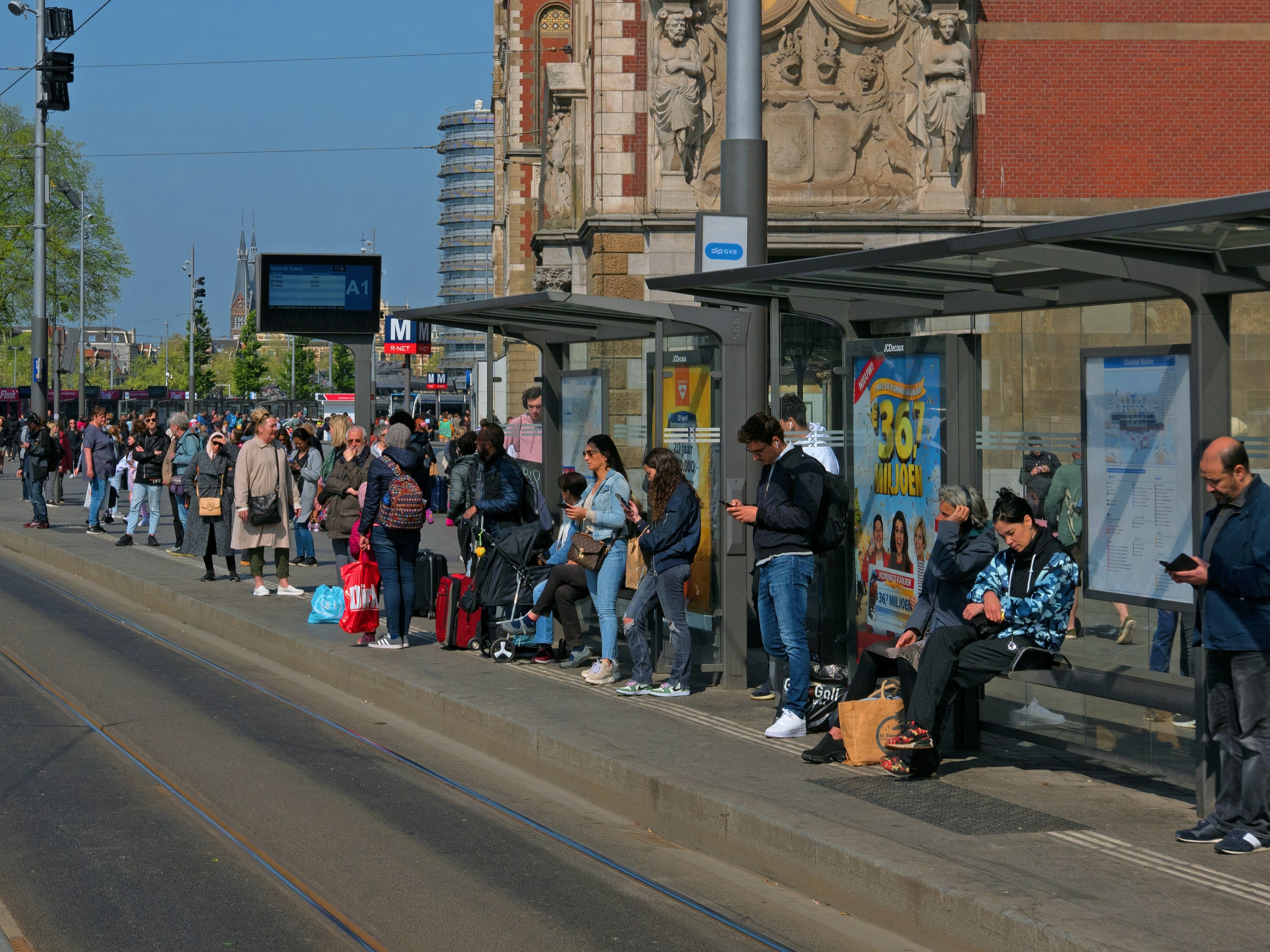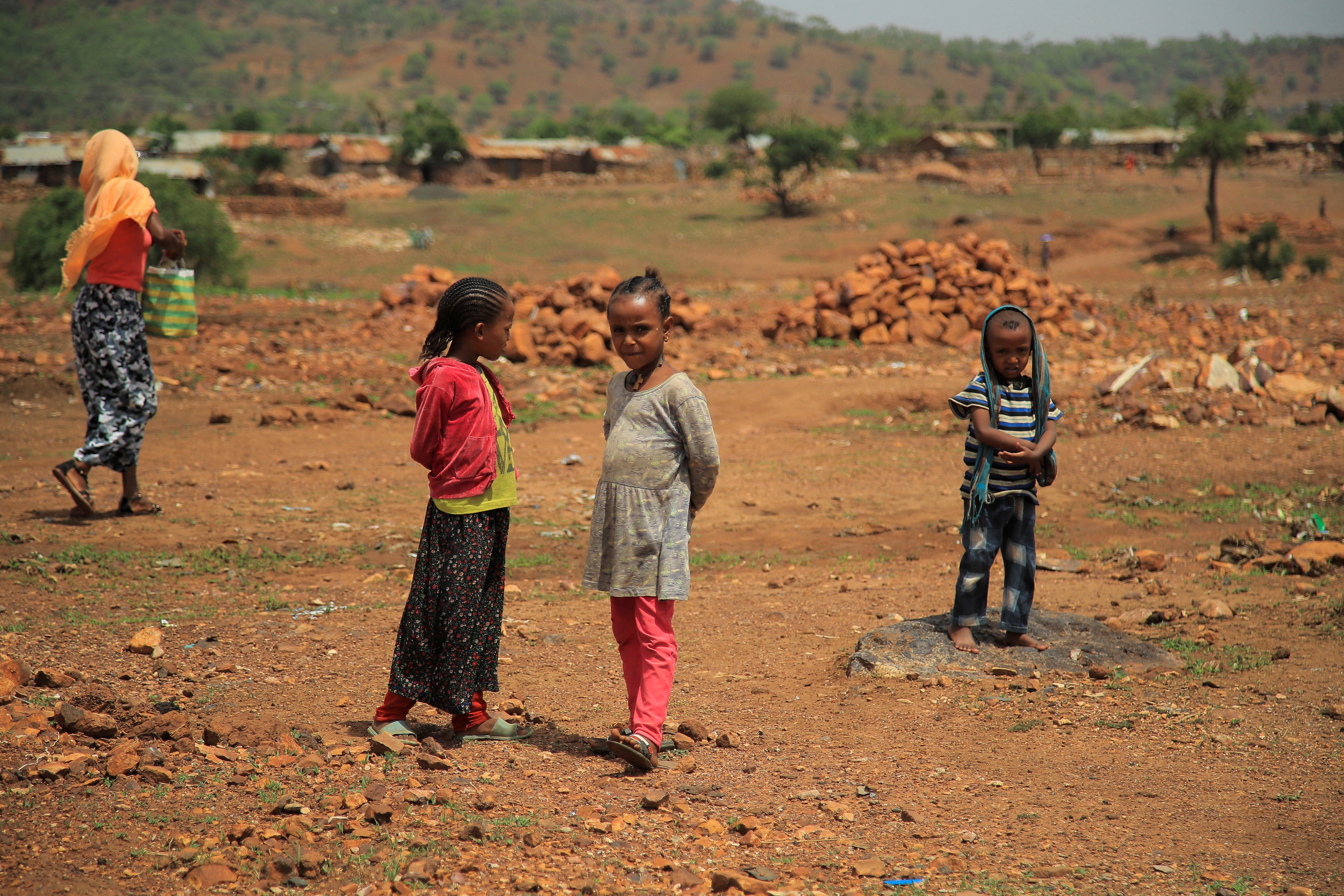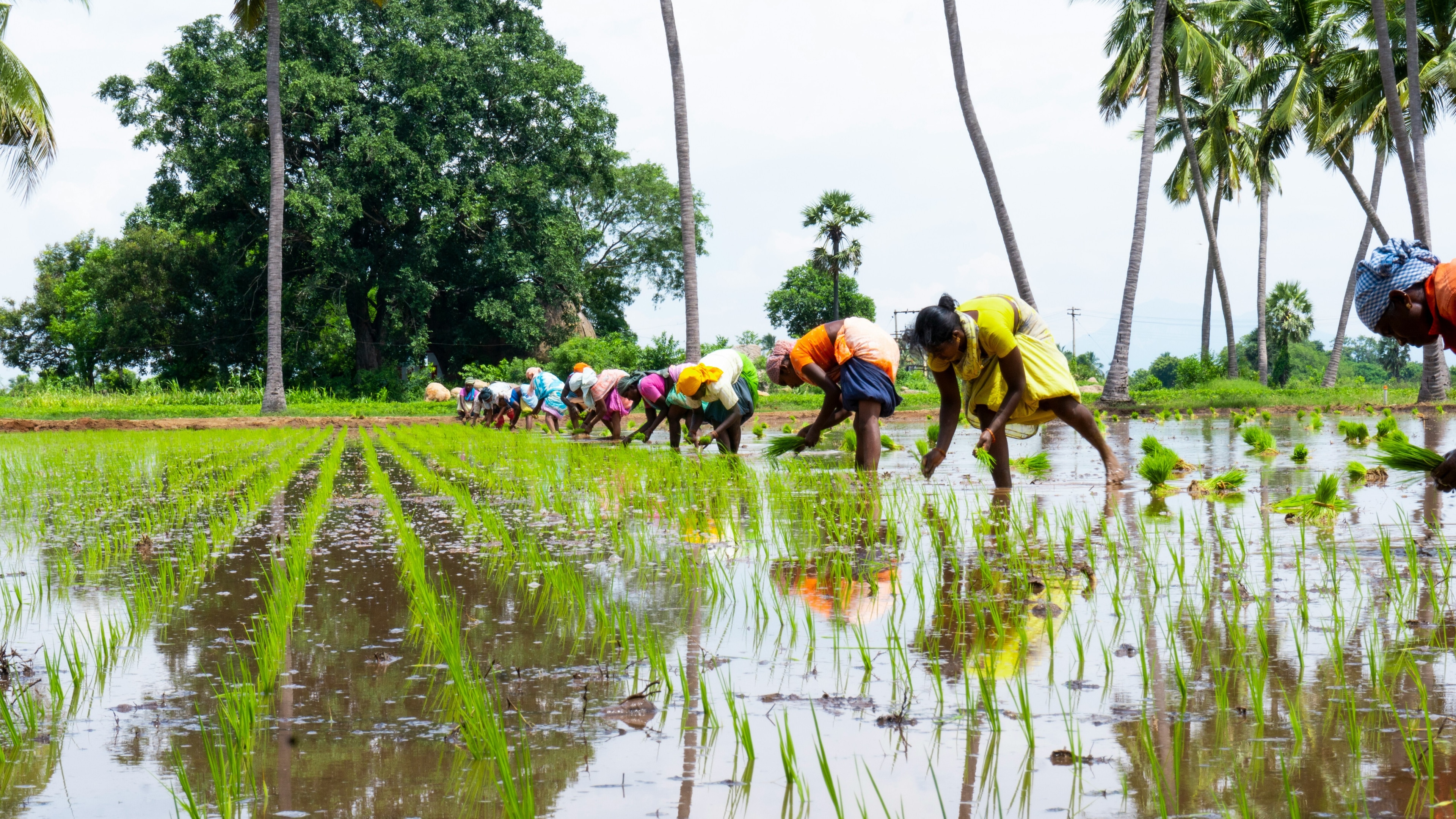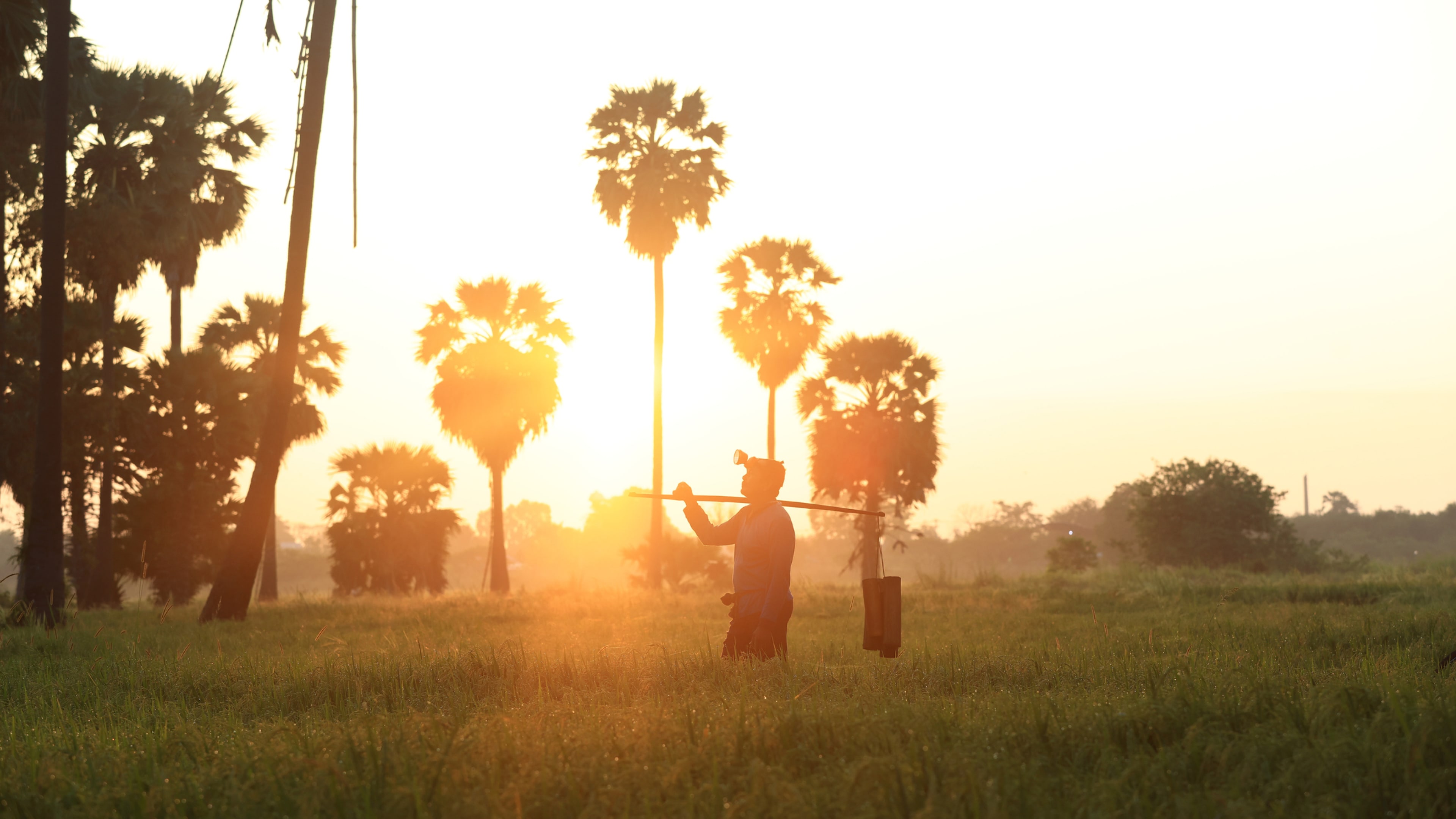Lego is teaming with Sesame Street to help refugee kids play

Ernie and Bert from Sesame Street in the National Museum of American History Image: REUTERS/Larry Downing
A charitable foundation set up by toymaker Lego has granted $100 million to the not-for-profit group behind hit TV show "Sesame Street" to help provide educational toys to children affected by the Rohingya and Syrian refugee crises.
The children will receive storybooks, games, videos and puzzles featuring Sesame Street's popular puppets, the Lego Foundation said on Wednesday.
"By providing play-based learning to children in crisis, we can help mitigate the detrimental, long term effects of displacement and trauma," Foundation CEO John Goodwin said.
The Lego Foundation owns 25 percent of the Danish toy brick maker and was set up by the company's founding family.
The Sesame Foundation will work with organisations including Bangladesh-based BRAC, the world's largest non-governmental development organisation, to reach children affected by the Rohingya and Syria crises.
More than 700,000 Rohingya Muslims fled a sweeping army crackdown in Myanmar last year, according to U.N. agencies. Human rights groups and Rohingya activists have put the death toll from the crackdown in the thousands.
According to the U.N. Refugee Agency (UNCHR), 68.5 million people are displaced worldwide. Among them are around 25 million refugees, over half of whom are under 18.
Don't miss any update on this topic
Create a free account and access your personalized content collection with our latest publications and analyses.
License and Republishing
World Economic Forum articles may be republished in accordance with the Creative Commons Attribution-NonCommercial-NoDerivatives 4.0 International Public License, and in accordance with our Terms of Use.
The views expressed in this article are those of the author alone and not the World Economic Forum.
Stay up to date:
Fragility, Violence and Conflict
Forum Stories newsletter
Bringing you weekly curated insights and analysis on the global issues that matter.
More on Resilience, Peace and SecuritySee all
Shoko Noda and Kamal Kishore
October 9, 2025


